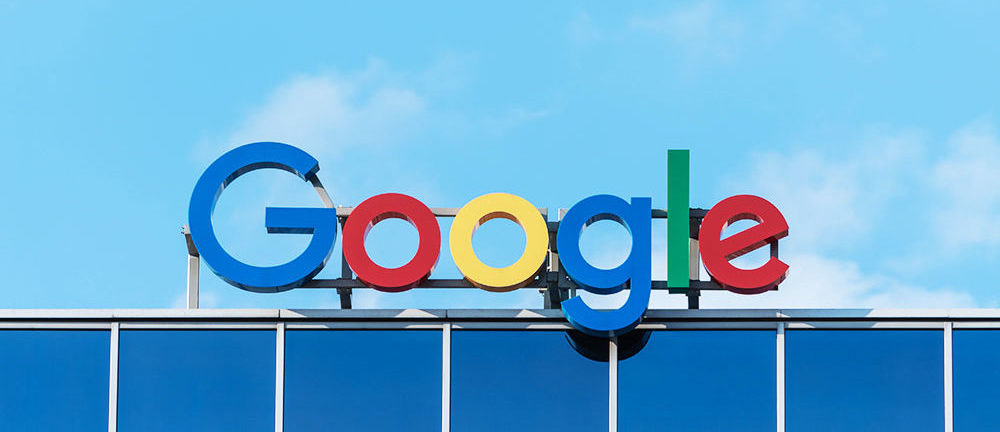Google, as if daring the U.S. government to break it up, is eyeing another massive section of the U.S. economy for a business venture: banking.
While this latest move might draw regulators’ attention, it will also be watched by so-called neobanks, the all-digital financial institutions spreading around the world, like Chime in the U.S. and Revolut and Monzo in the U.K. Digital banks’ customer gains have drawn the attention of big financial institutions like HSBC and RBS, which have responded with their own online services.
The company is partnering with Citigroup and a local credit union at Stanford University for its initiative, which initially involves providing checking accounts, according to the Wall Street Journal.
Google operates in healthcare, phones, laptops, drones, Artificial Intelligence, quantum computing, advertising and oh yeah, it does search as well. Both the U.S. Justice Department and a House of Representatives committee have inquiries concerning parent company Alphabet’s activities, and state attorneys general led by Texas are also probing the company to see if it has broken antitrust law.
Google has been fined about $9 billion in recent years by the European Commission for abusing its market dominance to harm smaller players. Among practices the EC investigated is the anticompetitive nature of Google’s bundling of new products into advertising, search and mobility offerings.
A move into finance is hard for Google to ignore following initiatives by tech-dominating rivals Facebook and Apple — neither of which have gone off without hitches. Google is apparently taking measures to avoid controversy. Google won’t be the main brand on the account, and Citigroup will handle compliance and other tasks, the WSJ said, citing executive Caesar Sengupta.
While checking accounts may not be among the more exciting financial services offered — the average U.S. checking account held $4,500 in 2016, according to the Federal Reserve — the WSJ noted they contain just what an A.I.-intensive, data-mining, algorithm-employing firm like Google would savor: “a treasure trove of information, including how much money people make, where they shop and what bills they pay.”
- The initiative’s clever codename? Cache.
























